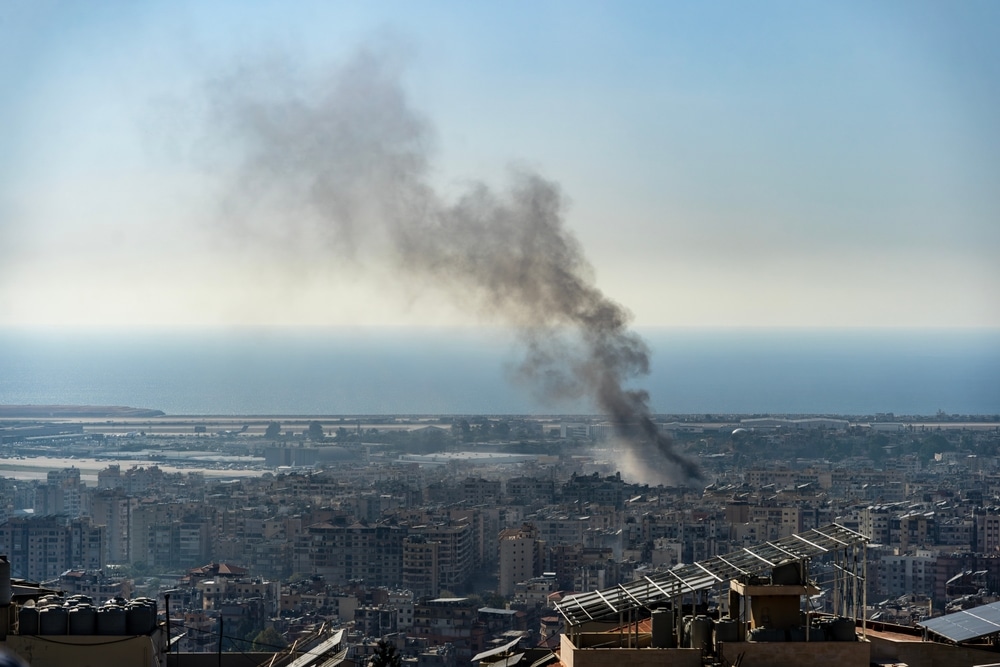On Sunday, Hezbollah launched around 250 rockets and projectiles into Israel, injuring seven people and damaging homes near Tel Aviv. This followed Israeli airstrikes in central Beirut on Saturday that killed at least 29 people and wounded dozens.
Hezbollah’s largest rocket barrage in months targeted northern Israel and central cities such as Tel Aviv and Petah Tikva. Several rockets caused fires and structural damage, with Israeli rescue services reporting injuries ranging from smoke inhalation to severe blast trauma.
Throughout the day, Hezbollah fired over 250 missiles and rockets across the whole of Israel.
Tonight it’s our turn to return the favor. And we’re just getting started. pic.twitter.com/ZJ4MPfors6
— Cheryl E 🇮🇱🇮🇱🇮🇱🎗️ (@CherylWroteIt) November 24, 2024
Meanwhile, the Israeli military also struck areas in southern Lebanon, hitting a Lebanese army center between Tyre and Naqoura. The attack killed one soldier and injured 18 others. Lebanon’s caretaker Prime Minister Najib Mikati condemned the strike, calling it an attack on ongoing ceasefire efforts.
Lebanon’s Health Ministry reports that Israeli strikes have killed over 3,500 people and displaced 1.2 million since September, when the conflict escalated into full-scale war. On the Israeli side, Hezbollah rockets have killed about 90 soldiers and 50 civilians.
U.S. envoy Amos Hochstein is mediating talks to end the conflict, proposing a two-month ceasefire. The deal would involve an Israeli withdrawal from southern Lebanon and the removal of Hezbollah’s armed presence near the Litani River. Lebanese troops and U.N. peacekeepers would patrol the area.
Disagreements remain, with Israel demanding the freedom to strike if Hezbollah violates the cease-fire, while Hezbollah insists on a complete halt to Israeli aggression. Despite ceasefire discussions, the violence continues. Both sides have warned of further escalation if a resolution is not reached.






